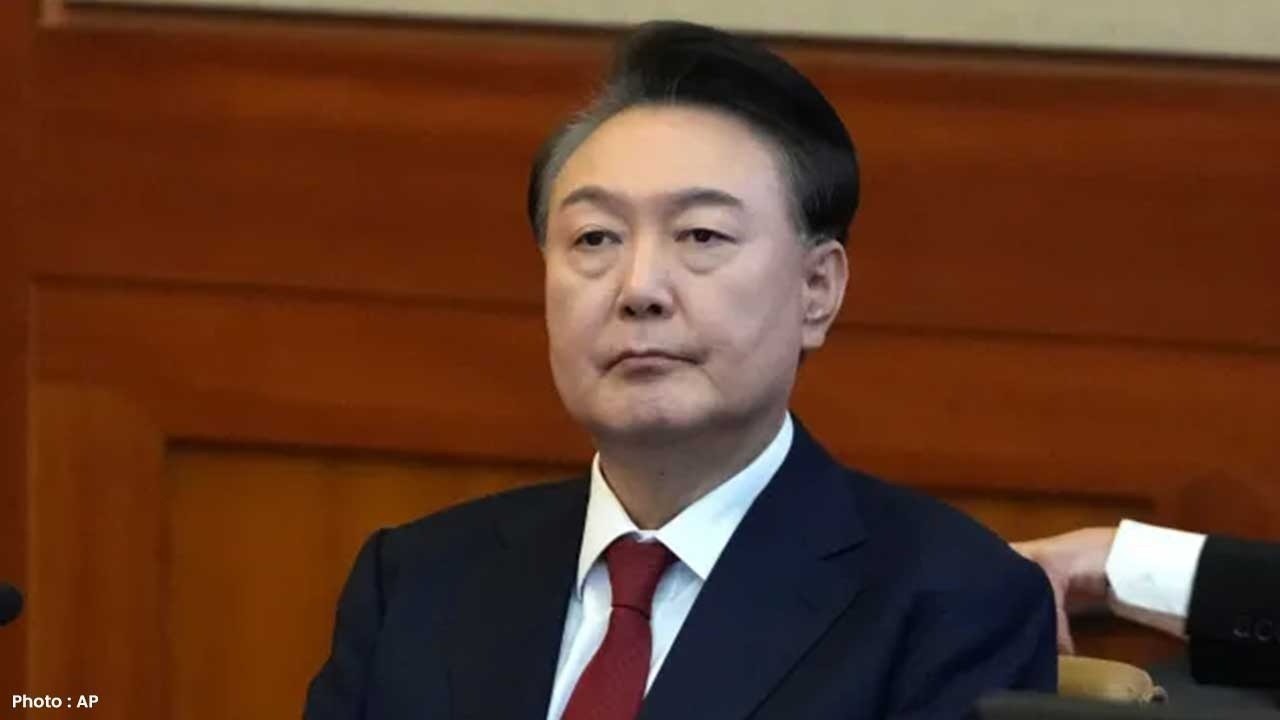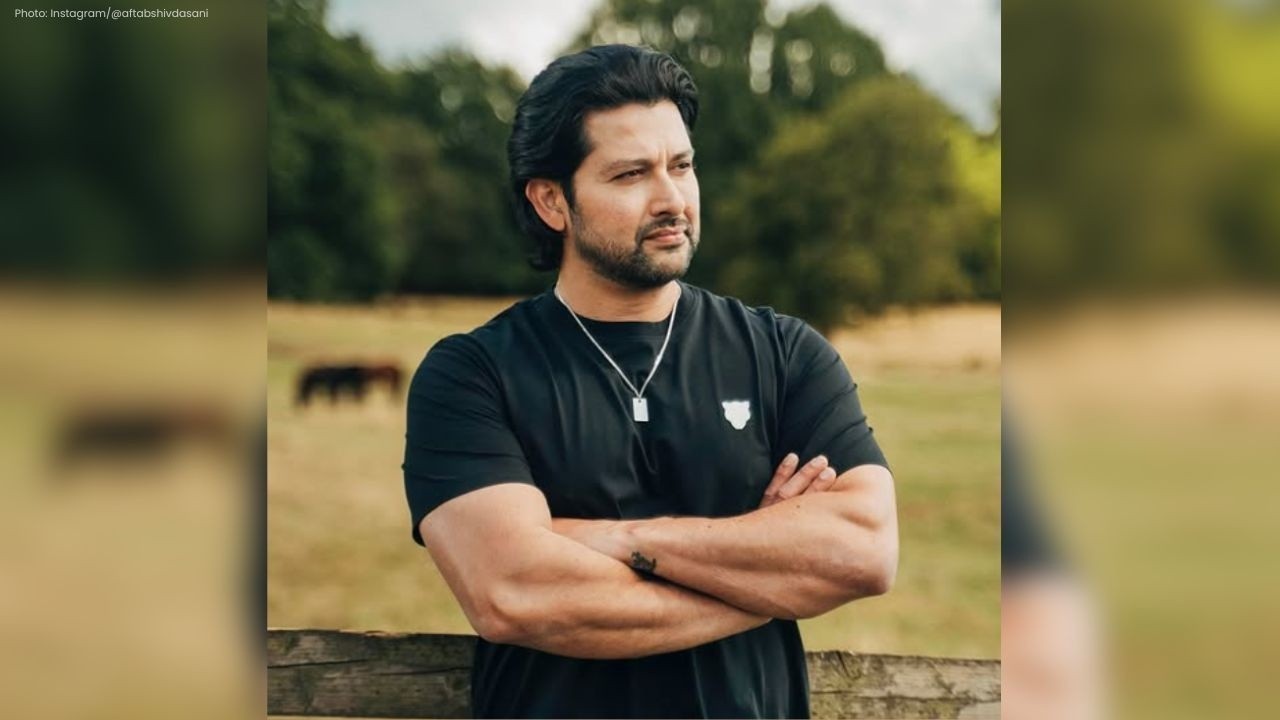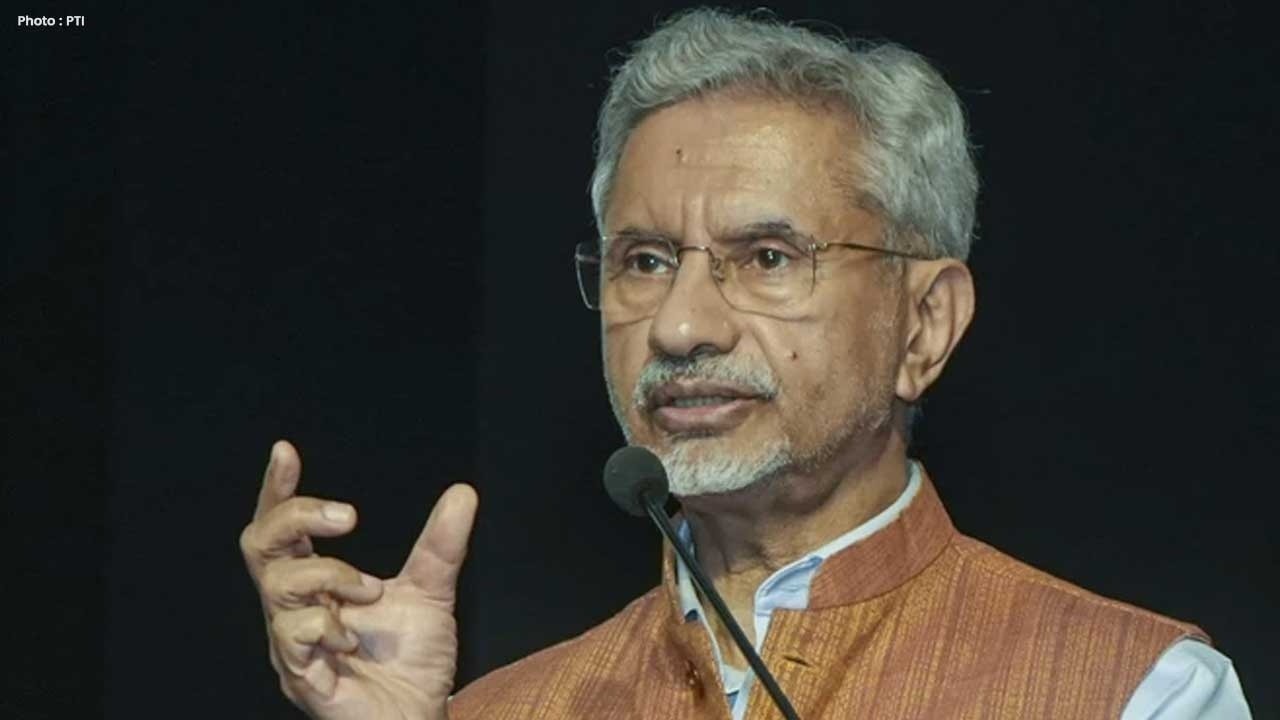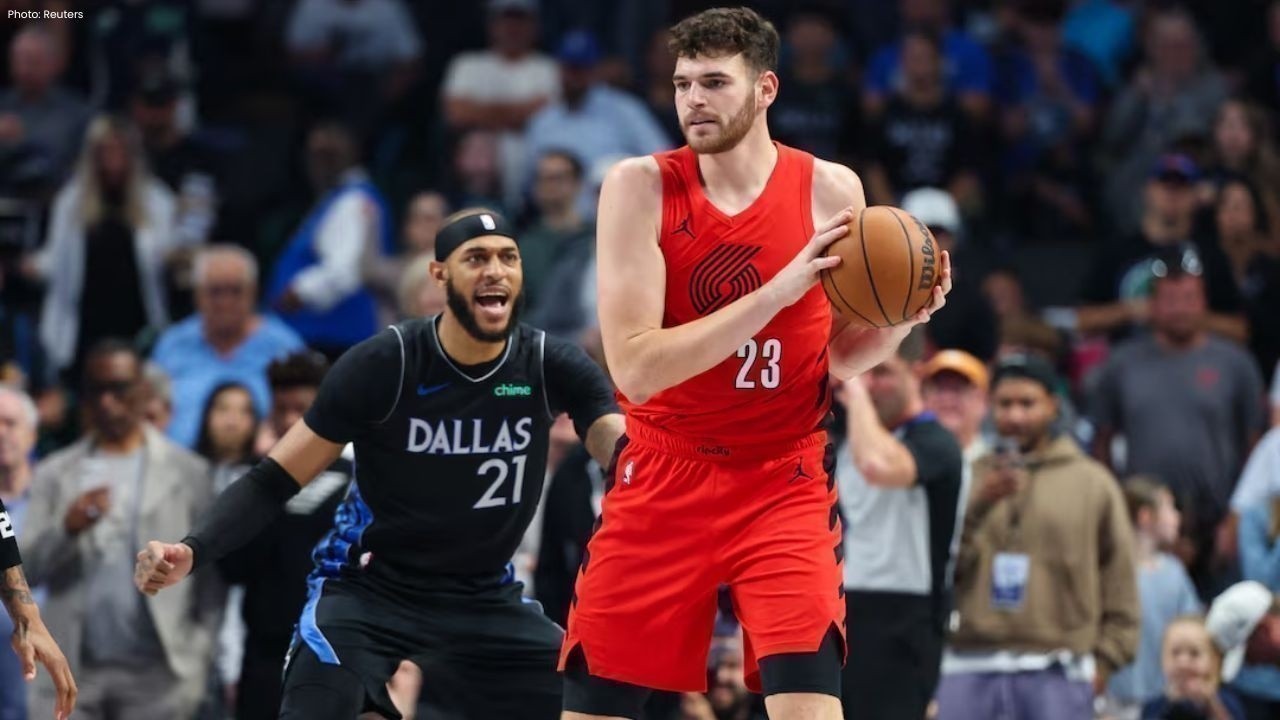
Post by : Raina Mansoor
South Korea is grappling with a deepening workplace safety crisis, and President Lee Jae Myung has taken the fight into his own hands. Haunted by the brutal injuries he suffered as a child labourer, the president has vowed to take on what he calls the country’s “workplaces of death.” His mission is both personal and political, and it comes at a time when South Korea continues to record one of the highest industrial fatality rates among advanced economies.
International Labour Organization (ILO) data from 2023 revealed a grim reality: South Korea recorded 3.9 deaths per 100,000 workers, far above the OECD average of 2.6. The situation is even more alarming in the construction industry, where the fatality rate stands at 15.9 deaths per 100,000 workers—the second-highest among OECD countries. These numbers reflect years of systemic neglect and a culture in which rapid development has often outweighed worker protection.
The human toll behind these statistics is devastating. One of the countless workers affected is Kim Yong-ho, who nearly lost his life in 2019 when a 200-kilogram industrial press at a Hyundai Steel plant crushed his legs and back. Believing the machine had been safely shut down for repairs, Kim was caught off guard when it suddenly activated. He remembers the horrifying moment vividly, describing himself as “flattened like a squashed frog.” A colleague’s quick response saved him, but the emotional and physical scars remain five years later.
President Lee’s determination to overhaul workplace safety stems from his own painful memories. As a young factory worker, he crushed his arm and finger while producing rubber and baseball gloves. Today, he has made worker safety one of the central pillars of his presidency. His administration has increased funding for accident prevention, expanded workplace protections to subcontracted workers, and carried out raids on companies accused of neglecting safety standards. He has also personally visited accident-prone sites, pressing employers to change their practices.
The government’s 2026 budget includes significant allocations for safety improvements. New regulations will allow authorities to fine companies up to 5% of their operating profit if they report three or more workplace deaths in a year. A special task force has been established to investigate serious industrial accidents, and labour officials say these steps mark a shift from a culture that historically tolerated fatalities as the cost of rapid economic growth.
Many companies have already felt the pressure. POSCO E&C suspended operations at over a hundred construction sites and dismissed its chief executive after two workers died. Hanwha Ocean halted shipyard activities and issued a public apology after losing a supervisor in a fatal accident. At DL Construction, nearly 80 executives submitted their resignations following another workplace death. Though operations have resumed, these firms claim to have adopted stricter safety protocols.
Still, tragedies continue to unfold. Earlier this month, a massive decommissioned heating structure collapsed at a power station in Ulsan, trapping nine workers beneath the debris. While two survived, rescuers spent more than a week recovering the bodies of the others. The incident rekindled outrage and intensified scrutiny of the widespread practice of outsourcing high-risk work to subcontractors—something labour unions say allows companies to escape accountability and weaken safety oversight.
Despite the administration’s efforts, critics accuse President Lee of relying more on aggressive rhetoric than meaningful reform. They argue that the government is punishing companies rather than preventing accidents and that some safety expectations are unrealistic, pushing firms to merely pretend compliance. Experts also point out that the Serious Accidents Punishment Act, applied since 2024, has failed to reduce fatalities. Deaths increased by 4.1% in 2024, reaching 2,098, and most employers charged under the law received probation rather than prison sentences.
Labour Minister Kim Young-hoon insists the government is focused on real change, not political theatre. He emphasizes that subsidies for safety equipment, cultural shifts around workplace risk, and stricter oversight of subcontracting chains are all necessary to address the root causes of industrial accidents. But many workers say the reforms are not yet visible on the ground.
For survivors like Kim Yong-ho, the reality remains bleak. After battling trauma and illness for two years following his accident, he returned to the same dangerous job because he had no other choice. Despite national debates and new regulations, he says he sees no improvements in safety at the plant. “Nothing has changed after I returned,” he admits, capturing the frustration shared by thousands across the country.
South Korea now stands at a pivotal moment. The president’s campaign has awakened public discussion about the true cost of economic progress and the value placed on human life in industrial workplaces. Whether these reforms will lead to lasting change—or remain another cycle of promises—will determine South Korea’s path in the years ahead.

Asia Stocks Slip on Japan GDP, Nvidia Uncertainty Looms
Asian shares decline as Japan reports GDP shrinkage, Nvidia earnings stir caution, while South Korea

Sinner Wins Turin Final After Strong Fight Against Alcaraz
Jannik Sinner wins the year-ending final in Turin after a tough match against Carlos Alcaraz, ending

India Signs Historic LPG Deal with US to Boost Energy Security
India inks first structured LPG contract with US, importing 2.2 MTPA to strengthen energy security a

Red Wings Beat Rangers After Raymond’s Late Third-Period Goal
Minnesota Wild defeat Vegas in overtime after Matt Boldy sparks a late push and Kirill Kaprizov scor

Aftab Shivdasani Denies Drug Rumours, Opens Up on Film Journey
Actor Aftab Shivdasani rubbishes drug rumours, reflects on his career since Mr India, and addresses

S Jaishankar Confirms Embassy, Consulate Support After Saudi Bus Crash
Saudi bus crash leaves Indian pilgrims dead. S Jaishankar says embassy and consulate giving full sup

Wild Beat Vegas After Boldy’s Effort and Kaprizov’s OT Winner
Minnesota Wild beat the Vegas Golden Knights 3-2 in overtime after Matt Boldy’s key defensive play a

Sinner Wins Turin Final After Strong Fight Against Alcaraz
Jannik Sinner wins the year-ending final in Turin after a tough match against Carlos Alcaraz, ending

Red Wings Beat Rangers After Raymond’s Late Third-Period Goal
Minnesota Wild defeat Vegas in overtime after Matt Boldy sparks a late push and Kirill Kaprizov scor

Wild Beat Vegas After Boldy’s Effort and Kaprizov’s OT Winner
Minnesota Wild beat the Vegas Golden Knights 3-2 in overtime after Matt Boldy’s key defensive play a

Canucks Score Six Straight to Beat Lightning After Late Surge
Vancouver Canucks made a huge late comeback, scoring six unanswered goals in the third period to bea

Canadiens’ Kirby Dach Out Weeks After Foot Fracture Injury
Kirby Dach will miss four to six weeks with a fractured foot, adding to the Canadiens’ growing injur

Hawks Beat Suns After Big Fourth-Quarter Comeback Win
Atlanta Hawks made a stunning comeback from 22 points down in the fourth quarter to beat the Phoenix

Florida Beats Miami 82-68 in Jacksonville Hoops Showdown
Dallas earned a hard-fought overtime win as Daniel Gafford delivered key late plays, helping the Mav

Dallas Beats Portland in OT as Gafford Leads Strong Finish
Dallas beat Portland 138-133 in overtime as Daniel Gafford scored key late points, helping the Maver